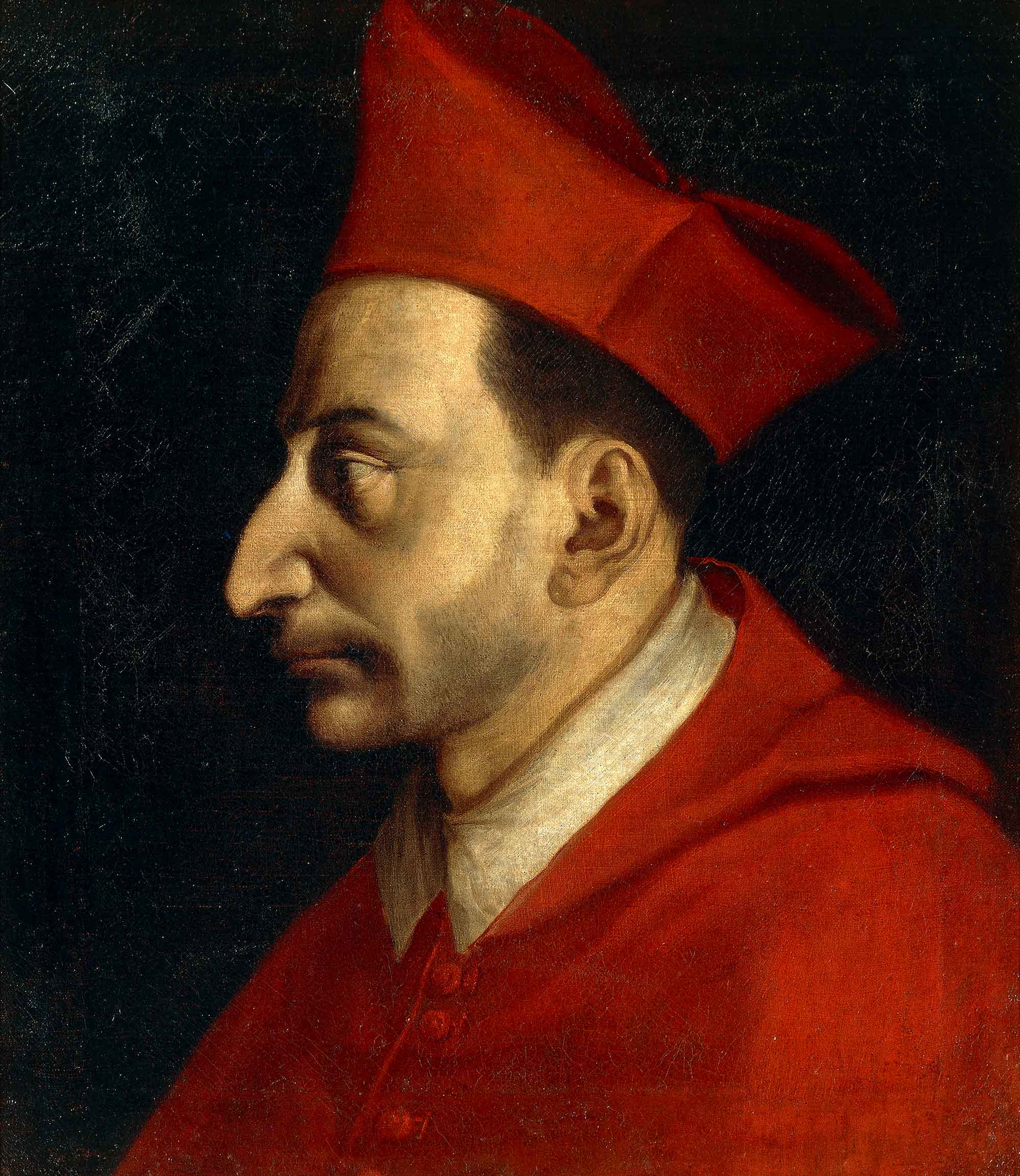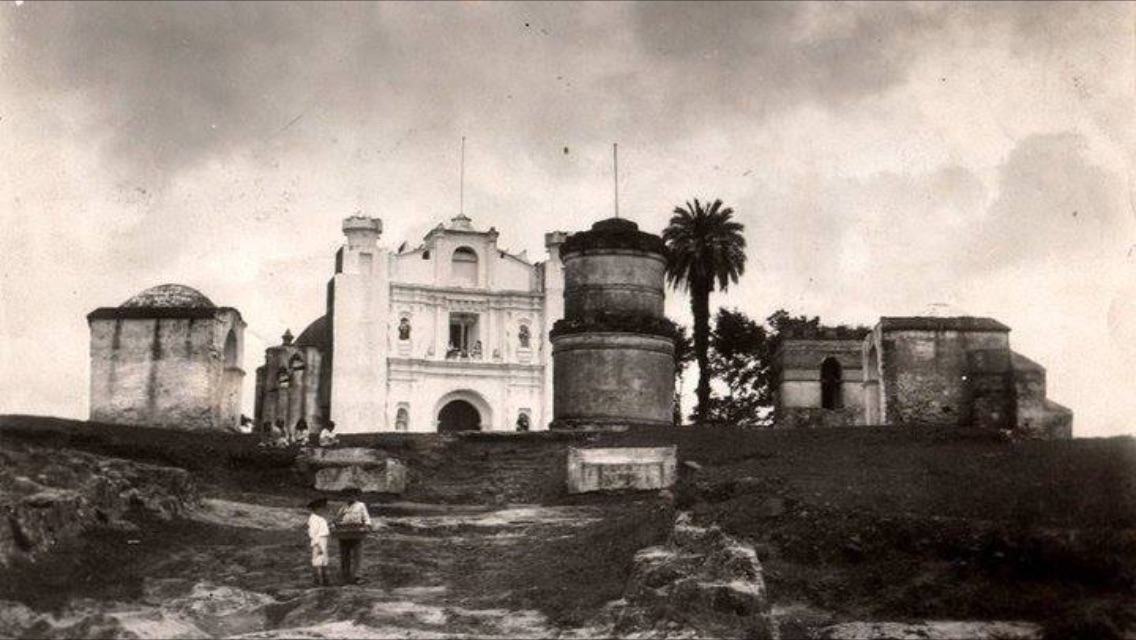|
Juan Alfonso Fuentes Soria
Juan Alfonso Fuentes Soria (; born 16 May 1947) is a politician who was Vice President of Guatemala following the appointment of Alejandro Maldonado as president by the Congress of Guatemala. He is also a dentist who was rector of the Universidad de San Carlos de Guatemala The Universidad de San Carlos de Guatemala (USAC, ''University of San Carlos of Guatemala'') is the largest and oldest university of Guatemala; it is also the fourth founded in the Americas. Established in the Kingdom of Guatemala during the Spani .... References Living people 1947 births Vice presidents of Guatemala Guatemalan politicians 20th-century Guatemalan judges Guatemalan diplomats Universidad de San Carlos de Guatemala alumni Presidents of Central American Parliament {{Guatemala-politician-stub ... [...More Info...] [...Related Items...] OR: [Wikipedia] [Google] [Baidu] |
Alejandro Maldonado
Alejandro Baltazar Maldonado Aguirre (born January 6, 1936) is a Guatemalan statesman who was the Acting President of Guatemala, following the Congress of Guatemala's acceptance of the resignation of President Otto Pérez Molina on September 3, 2015. He was elected as vice president by Congress on May 14, 2015, after his predecessor, Roxana Baldetti, resigned amid allegations of corruption. Before becoming vice president, he served as a constitutional judge, congressional deputy, ambassador to the United Nations, and political leader, including a failed presidential bid in 1982. He was Minister of Education from 1970 to 1974 and Minister of Foreign Affairs from 1995 to 1996. History Born in Guatemala City, Maldonado graduated from San Carlos University with a degree in law. Since the 1960s, he was a member of the far-right National Liberation Movement political party (''Movimiento de Liberacion Nacional'' or MLN), alleged to have started the use of death squads against commu ... [...More Info...] [...Related Items...] OR: [Wikipedia] [Google] [Baidu] |
Jafeth Cabrera
Ernesto Jafeth Cabrera Franco (Guatemala City, 28 November 1948) is a Guatemalan politician who served as Vice President of Guatemala from 2016 to 2020. Early life and career Cabrera studied at the Universidad de San Carlos de Guatemala, where he obtained a degree in medicine and surgery. He was Rector of the University between 1994 and 1998. Political career Cabrera's political career started in 1999 when he was one of the founders of the National Unity of Hope with Álvaro Colom. Cabrera left the party shortly afterwards. In 2004 he became Secretary for Agricultural Affairs. In May 2015, Caberera was announced as the National Convergence Front candidate for the office of Vice President for the 2015 elections. He was attached to Jimmy Morales as presidential candidate. In September 2015 Cabrera announced that he believed that one of the causes Guatemala's problems was to be found in the Spanish colonization of the Americas, stating that if Guatemala had been taken over by an ... [...More Info...] [...Related Items...] OR: [Wikipedia] [Google] [Baidu] |
Universidad De San Carlos De Guatemala
The Universidad de San Carlos de Guatemala (USAC, ''University of San Carlos of Guatemala'') is the largest and oldest university of Guatemala; it is also the fourth founded in the Americas. Established in the Kingdom of Guatemala during the Spanish colony, it was the only university in Guatemala until 1954,In 1954 a coup led by the National Liberation Movement which was sponsored by the United Fruit Company and coordinated by CIA and State Department American operatives who had links with the US company triumphed . although it continues to hold distinction as the only public university in the entire country. The university has had five major transformations: * Royal and Pontifical University of San Carlos Borromeo (1676–1829): Established during the colony by the Spanish Crown in the 17th century, approved by the Vatican and directed by regular orders of the Catholic Church. After the Independence in 1821, it was called Pontifical University. * Academia de Ciencias (Academy of ... [...More Info...] [...Related Items...] OR: [Wikipedia] [Google] [Baidu] |
Central American Parliament
The Central American Parliament ( es, Parlamento Centroamericano), also known as PARLACEN, is the political institution and parliamentary body of the Central American Integration System (SICA). Its headquarters are in Guatemala City. History The PARLACEN origins date back to the Contadora Group, a project of the 1980s that sought to help resolve the civil wars in El Salvador, Guatemala, and Nicaragua. Although the Contadora group was disbanded in 1986, the idea of a greater Central American integration remained, giving rise to the Esquipulas II Agreement, which among other things, created the Central American Parliament. The Treaty establishing the Central American Parliament and other political bodies was signed in 1987; its first formal session was carried out on 28 October 1991 in Guatemala City. The PARLACEN as a political body in the region is part of the Central American Integration System SICA, established by the Protocol of Tegucigalpa to the Charter of the Organiz ... [...More Info...] [...Related Items...] OR: [Wikipedia] [Google] [Baidu] |
Rafael Espada
Dr. José Rafael Espada (born January 14, 1944 in Guatemala City) is a former Vice President of Guatemala and a former cardiothoracic surgeon. Espada is well known in the Houston cardiothoracic surgery community. He grew up in Guatemala. From an early age he wanted to grow up to be a doctor. Espada received his doctorate degree at the Universidad de San Carlos de Guatemala (USAC) in Guatemala and performed his surgery internship residency training in general and thoracic surgery at Baylor College of Medicine. He also received subspecialty training from LeClub Mitrale, France; and other highly recognized international institutions. He was a resident of West University Place, Texas, United States, a city surrounded by Houston. He was employed at the Methodist DeBakey Heart Center in Houston, Texas, and a professor of cardiothoracic surgery at the Baylor College of Medicine. Espada was known to travel from Houston to Guatemala on a monthly basis, to treat underprivileged patients re ... [...More Info...] [...Related Items...] OR: [Wikipedia] [Google] [Baidu] |
Guatemala City
Guatemala City ( es, Ciudad de Guatemala), known locally as Guatemala or Guate, is the capital and largest city of Guatemala, and the most populous urban area in Central America. The city is located in the south-central part of the country, nestled in a mountain valley called Valle de la Ermita ( en, Hermitage Valley). The city is the capital of the Municipality of Guatemala and of the Guatemala Department. Guatemala City is the site of the Mayan city of Kaminaljuyu, founded around 1500 BC. Following the Spanish conquest, a new town was established, and in 1776 it was made capital of the Kingdom of Guatemala. In 1821, Guatemala City was the scene of the declaration of independence of Central America from Spain, after which it became the capital of the newly established United Provinces of Central America (later the Federal Republic of Central America). In 1847, Guatemala declared itself an independent republic, with Guatemala City as its capital. The city was originally located ... [...More Info...] [...Related Items...] OR: [Wikipedia] [Google] [Baidu] |
Vice President Of Guatemala
Vice president of Guatemala is a political position in Guatemala which is since 1966 elected concurrently with the position of President of Guatemala. The current Vice President is Guillermo Castillo Reyes. The Vice President needs to be a Guatemalan citizen of over 40 years of age. Historically, there have been provisions for multiple Vice Presidents or presidential designates elected for one-year-term. The election was carried in Congress of Guatemala. A provision for First and Second Vice Presidents existed 1882–1921, 1921–1928 and 1956–1966. A provision for First, Second and Third Vice Presidents existed 1921 and 1928–1944. History of the office holders follows. 1882–1921 1921 1921–1928 1928–1944 1948–1951 1956–1966 1966 onwards See also *List of current Vice Presidents References {{Deputy heads of government of North America Government of Guatemala Guatemala Guatemala ( ; ), officially the Republic of Guatemala ( es, Repúbl ... [...More Info...] [...Related Items...] OR: [Wikipedia] [Google] [Baidu] |
Congress Of Guatemala
The Congress of the Republic ( es, Congreso de la República) is the unicameral legislature of the Republic of Guatemala. The Guatemalan Congress is made up of 160 deputies who are elected by direct universal suffrage to serve four-year terms. The electoral system is closed party list proportional representation. 31 of the deputies are elected on a nationwide list, whilst the remaining 127 deputies are elected in 22 multi-member constituencies. Each of Guatemalas's 22 departments serves as a district, with the exception of the department of Guatemala containing the capital, which on account of its size is divided into two ''(distrito central'' and ''distrito Guatemala)''. Departments are allocated seats based on their population size and they are shown in the table below. Deputies by Department History Guatemala had a bicameral legislature in the 1845 constitution. It was replaced with unicameral Chamber of Representatives ( es, Cámara de Representantes), which was re ... [...More Info...] [...Related Items...] OR: [Wikipedia] [Google] [Baidu] |
Rector (academia)
A rector (Latin for 'ruler') is a senior official in an educational institution, and can refer to an official in either a university or a secondary school. Outside the English-speaking world the rector is often the most senior official in a university, whilst in the United States the most senior official is often referred to as president and in the United Kingdom and Commonwealth of Nations the most senior official is the chancellor, whose office is primarily ceremonial and titular. The term and office of a rector can be referred to as a rectorate. The title is used widely in universities in EuropeEuropean nations where the word ''rector'' or a cognate thereof (''rektor'', ''recteur'', etc.) is used in referring to university administrators include Albania, Austria, the Benelux, Bosnia and Herzegovina, Bulgaria, Croatia, Cyprus, Czech Republic, Denmark, Estonia, Finland, Germany, Greece, Hungary, Iceland, Italy, Latvia, Malta, Moldova, North Macedonia, Poland, Portugal, Romani ... [...More Info...] [...Related Items...] OR: [Wikipedia] [Google] [Baidu] |
Living People
Related categories * :Year of birth missing (living people) / :Year of birth unknown * :Date of birth missing (living people) / :Date of birth unknown * :Place of birth missing (living people) / :Place of birth unknown * :Year of death missing / :Year of death unknown * :Date of death missing / :Date of death unknown * :Place of death missing / :Place of death unknown * :Missing middle or first names See also * :Dead people * :Template:L, which generates this category or death years, and birth year and sort keys. : {{DEFAULTSORT:Living people 21st-century people People by status ... [...More Info...] [...Related Items...] OR: [Wikipedia] [Google] [Baidu] |
Vice Presidents Of Guatemala
A vice is a practice, behaviour, or habit generally considered immoral, sinful, criminal, rude, taboo, depraved, degrading, deviant or perverted in the associated society. In more minor usage, vice can refer to a fault, a negative character trait, a defect, an infirmity, or a bad or unhealthy habit. Vices are usually associated with a transgression in a person's character or temperament rather than their morality. Synonyms for vice include fault, sin, depravity, iniquity, wickedness, and corruption. The antonym of vice is virtue. Etymology The modern English term that best captures its original meaning is the word ''vicious'', which means "full of vice". In this sense, the word ''vice'' comes from the Latin word '' vitium'', meaning "failing or defect". Law enforcement Depending on the country or jurisdiction, vice crimes may or may not be treated as a separate category in the criminal codes. Even in jurisdictions where vice is not explicitly delineated in the legal code, th ... [...More Info...] [...Related Items...] OR: [Wikipedia] [Google] [Baidu] |



